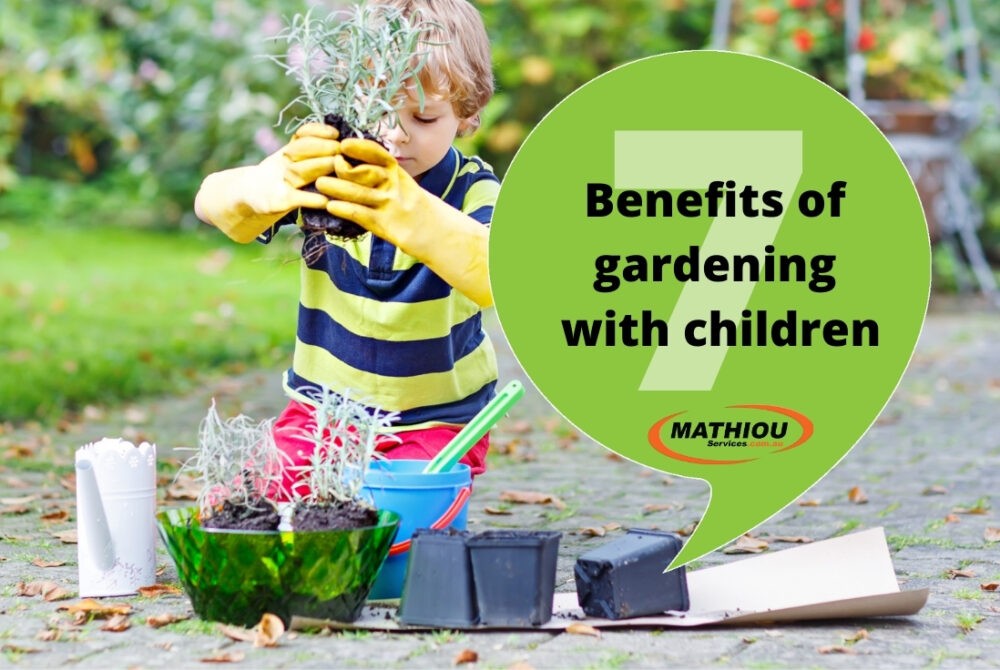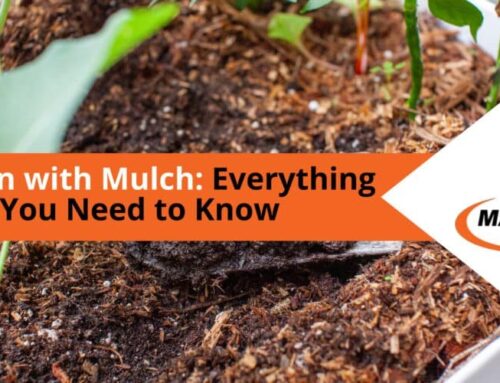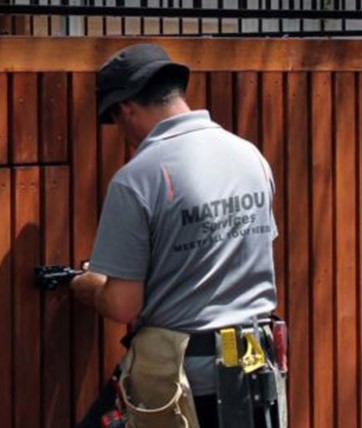Gardening with children can be the most beneficial for both their mental and physical developmental growth.
In a society where 26% of children in Australia are considered obese (according to the ABS Australian Health Survey), and the McDonalds brand is one of the most recognisable brands known, we should be pushing how amazing plant life is starting with getting kids more involved with plant lifecycle.
We recently got the opportunity to show the kids how to plant vegetables after building a couple of garden beds for the kids at Edge Early Learning-Kelvin Grove.
There are many benefits to gardening with children one of which is the joy it brings to kids as they get to play and learn at the same time.
Mel, Anthony (from Mathiou Services) and Miss Kitty (Edge Early Learnings- Kelvin Grove’s Leading Educator) talked the kids through the basic steps of planting the vegetables:
- Dig the hole,
- Plant the plant,
- Cover with soil,
- Water plants
It was important to break it down into little steps to allow the children to fully understand and follow the process. Once they repeated it at least twice or watched they could do it on there own.
The great part of gardening with children is the wide range of discussions that can be built as a result. Discussions turned from the types of plants we were planting to finding out what colour the various vegetables are now vs. what they would be, how they smelt (especially the mint), what vegetables they liked (carrots were top). We even discussed the basic plant cycle. It’s amazing what discussions can come out of gardening with children and what they can learn as a result.
The kids later explored this further with their amazing chef by going over various vegetables that would be served in their lunches.
Here are 7 reasons why we think Gardening with children is beneficial.
1. Introduce them to science and the basic lifecycle of plants
There are so many learnings from gardening in the world of science from parts of a plant, plant cycle, experiments with planting, experiments with germinating/ sowing seeds.
Kids can explore these learnings in a fun way while being active and open to the elements. See a few of these fun gardening activities here.
2. Encourages healthy eating and develops an appreciation of where the food is from
Kids are curious by nature, the more they learn, get involved and take ownership of the process of planting something, edible or not. The more they want to use all 7 senses with it including, taste. But more importantly, they are learning to recognise a positive connection between edible plants and a healthy food source. Studies recognise that if you start them young it creates positive habits for the future.
3. Teaches them about the types of edible plants you can grow
With the scientific side comes a whole new learning because there are hundreds of different plants out there, so you can recognise the types of plants they are growing as you go. And let’s not forget that recognising which is a vegetable and which is a fruit, or which is a herb or a weed or a flower is a game on its own that even adults have problems recognising. Have fun with it!
4. Teaches them to follow instructions
Gardening is notorious for kids play with a purpose. Gardening is a step-by-step process and getting children to be a part of that process teaches them to follow instructions in a fun way.
As individual elements mud, water, shovels, little seeds, or plants are a curious kids dream. Put them together and get them to use them all in a step-by-step process and you have a recipe for a fun way to learn to follow instructions.
It starts with putting the gardening gloves on, which is a struggle for adults, so for kids to move each finger in one-by-one then get to feel the gloves on their fingers.
Next is learning about the types of gardening tools and how to hold them with the gloves on. From there you get the gardening part from digging a hole, planting the seed or plant, covering it with soil, and then watering. You then have the daily care after you garden. All of this is becomes a fun way of learning to follow instructions.
5. Teaches children to focus
Think about it, you have just given the kids multiple tasks, one at a time (if you’re smart). Now you see the kids start to really focus their attention on that step. See the video on how this works, in real life. Obviously, you are going to have some kids who simply want to play with the gardening tools in the soil. But they eventually come around to focus on following those steps in the “process’ of gardening.
6. Teaches Patience
It can take 2 weeks for a seed to sprout a tiny leaf and 90 days for it to be a complete plant (some more). But children get to visually learn the stages each day that they see the growth, and that connection is cemented.
7. Teaches Self confidence
The saying “reap what you sew” comes to mind. The wonders of completing something that creates something more is satisfying to an adult and awe-inspiring to child. Studies also show that the more a child does and the more they explore a task on their own, the more confident they feel in their own ability and we all know that harnessing that confidence and letting a child feel pride in their task is bigger than just gardening, its life-changing.
Need a childcare-certified gardener or landscaper? Contact Mathiou Services today on 1300 363 423
Maintenance & Repairs | Gardening & Landscaping | Plumber | Electrician | Building & Carpenter | Painter & Plasterer | Flooring | Pest control |
Extended reading resources:








